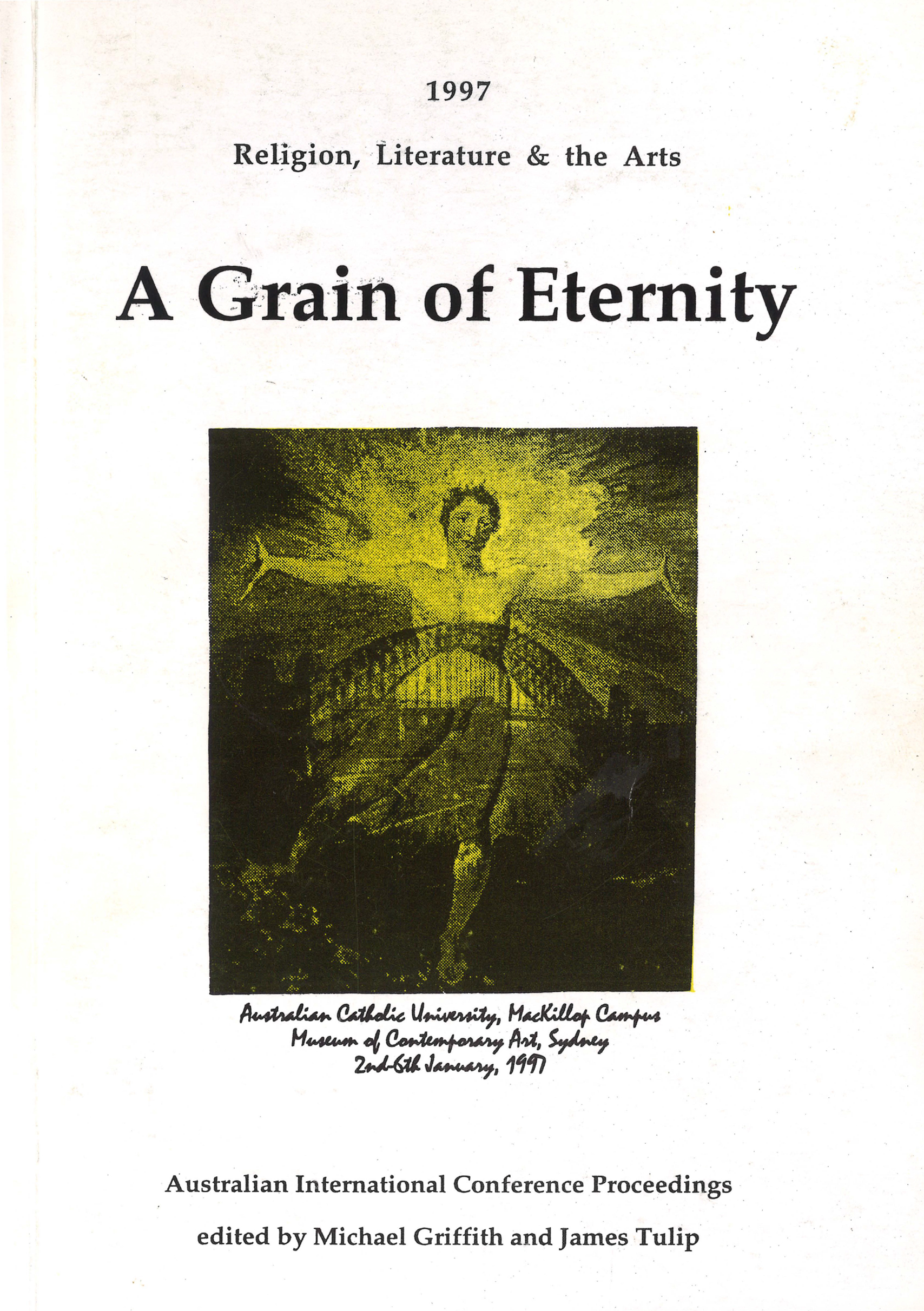Sounding Out One Hand: The Zen Koan as Literary Form and Site of Realisation
Abstract
'In the ideal detective story,' as Bernard Lonergan reminds us, 'the reader is given all the clues yet fails to spot the criminal.' The Zen koan, I would like to suggest, is similar to Lonergan's ideal detective story in that it presents to us that with which we are most familiar yet fail to see and recognise. But while the traditional approach to koan study involves working with a master in the context of silent meditation in the stillness of the lotus posture, I believe that it can also be entered into in much the same way as we do a literary work of art. And so I take up that most famous and apparently most trivial of koans, Hakuin's 'Sound of One Hand'. What, then, is this 'Sound of One Hand'? In dokusan, where the Zen practitioner goes alone to be examined in a formal interview by the teacher, it would be unacceptable to respond to this question with a theoretical or historical account of the koan in general and the 'Sound of One Hand' in particular. For what the teacher is looking for in this context is not a display of learning but the student's intimacy with the 'Sound of One Hand'. If the student has that intimacy the teacher's question will receive a response that is as spontaneous as it is fitting. In the student's mind there will be no hindrance.Downloads
Published
2017-06-21
